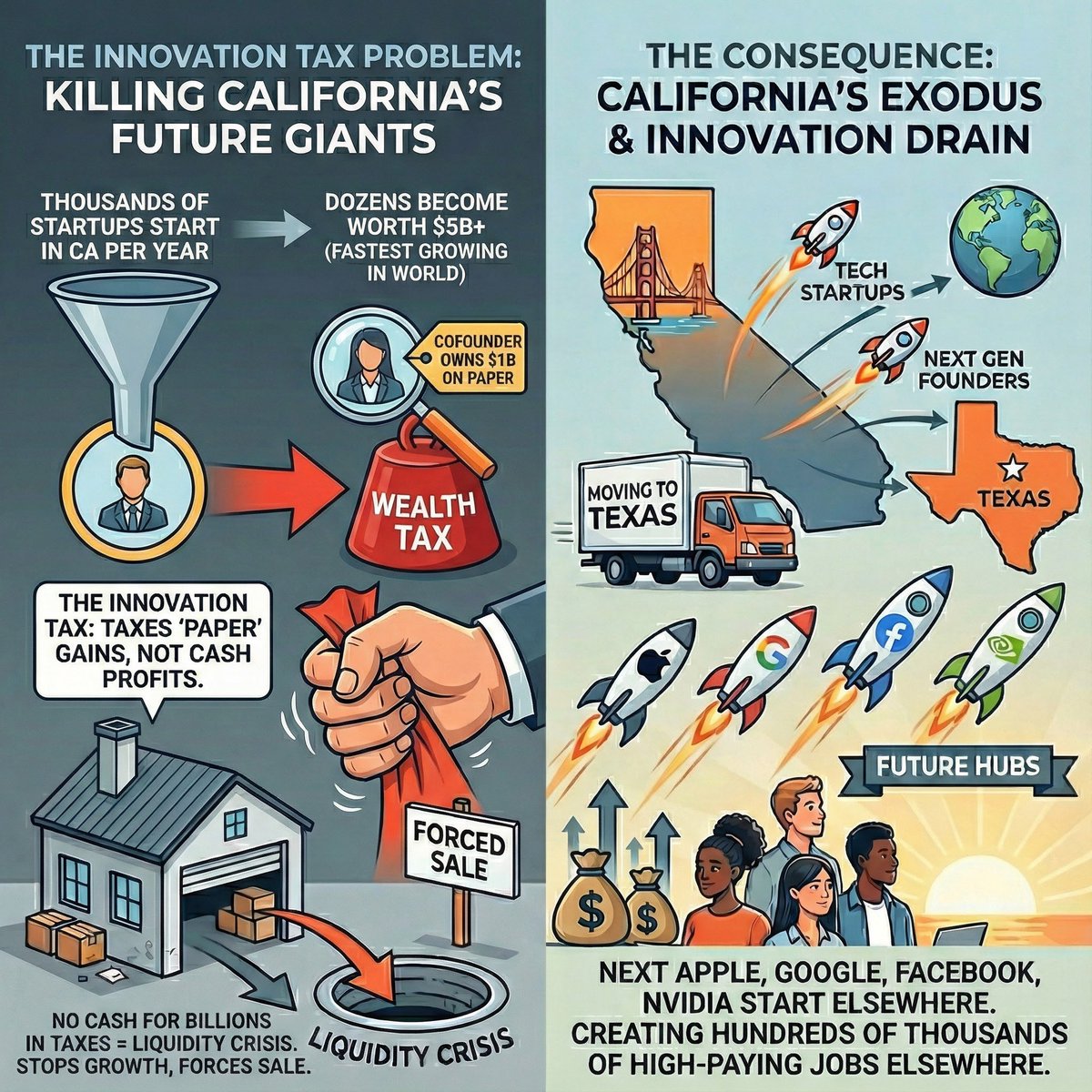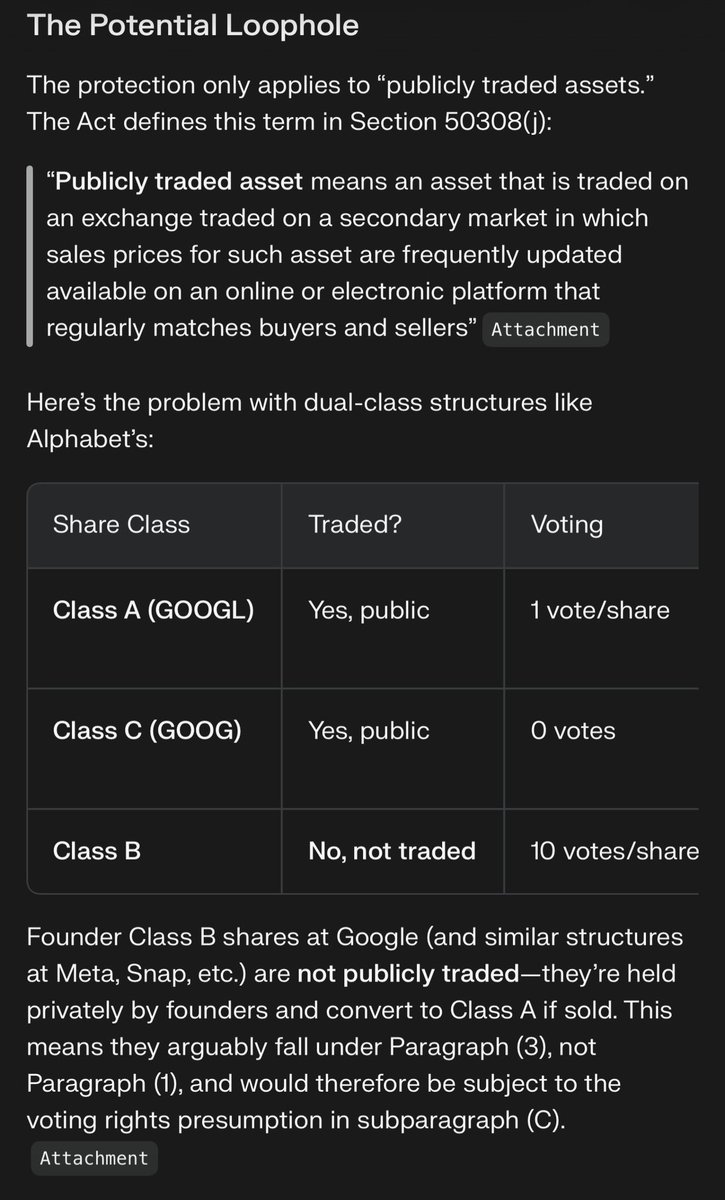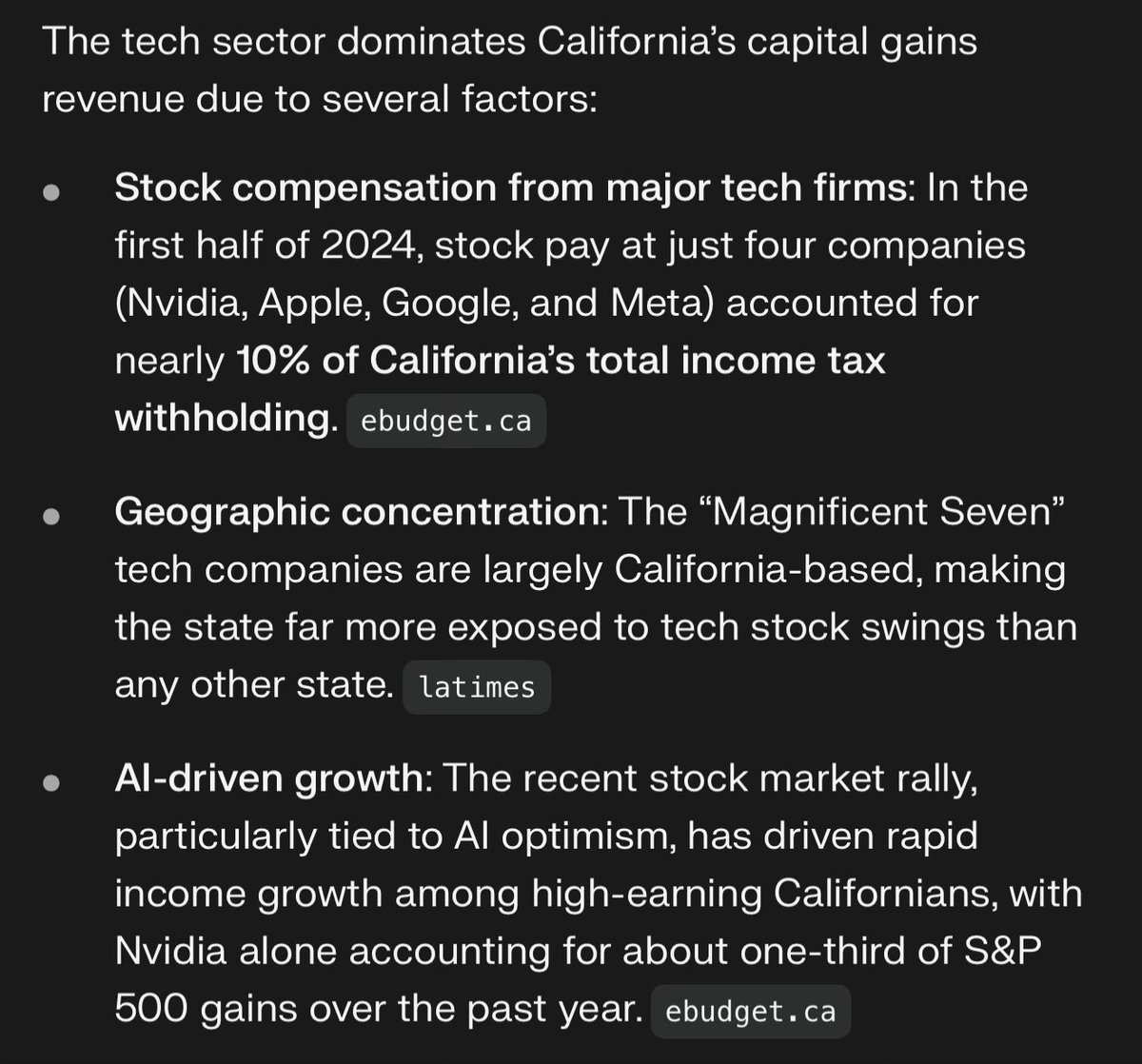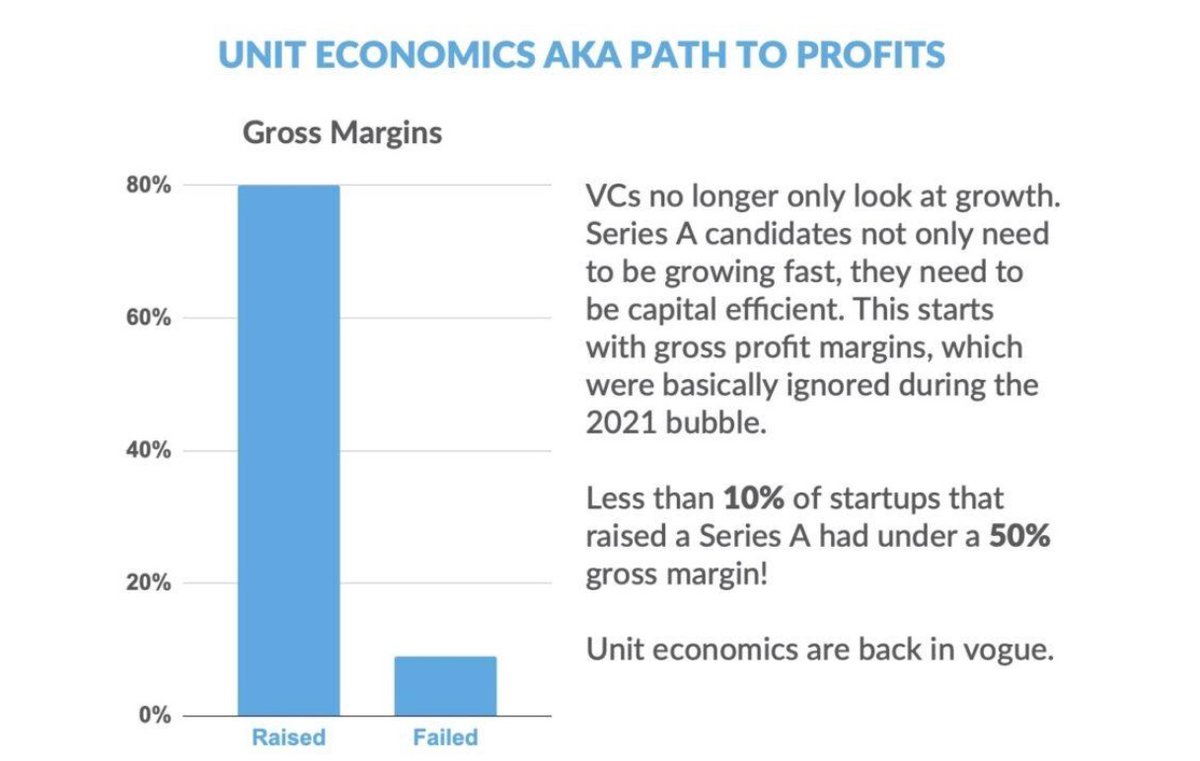Subtle real advantage nobody talks about: if founders can access deeper pools of capital early/quickly, they can get bigger faster without spawning lots of competitors.
If your startup is real, pitching Sand Hill is sometimes like giving away copies of your treasure map
If your startup is real, pitching Sand Hill is sometimes like giving away copies of your treasure map
This advice is seldom given because most of the time and for most founders, you are still better off talking about your idea as much as possible to better understand where the dead ends are in the idea maze. Can’t do that in isolation.
Asking investors what is hot is usually less useful than asking what has worked, and what didn’t work and why? That’s how you can skip ahead and avoid death.
“All I want to know is where I’m going to die so I’ll never go there.” —Munger
“All I want to know is where I’m going to die so I’ll never go there.” —Munger
• • •
Missing some Tweet in this thread? You can try to
force a refresh

















